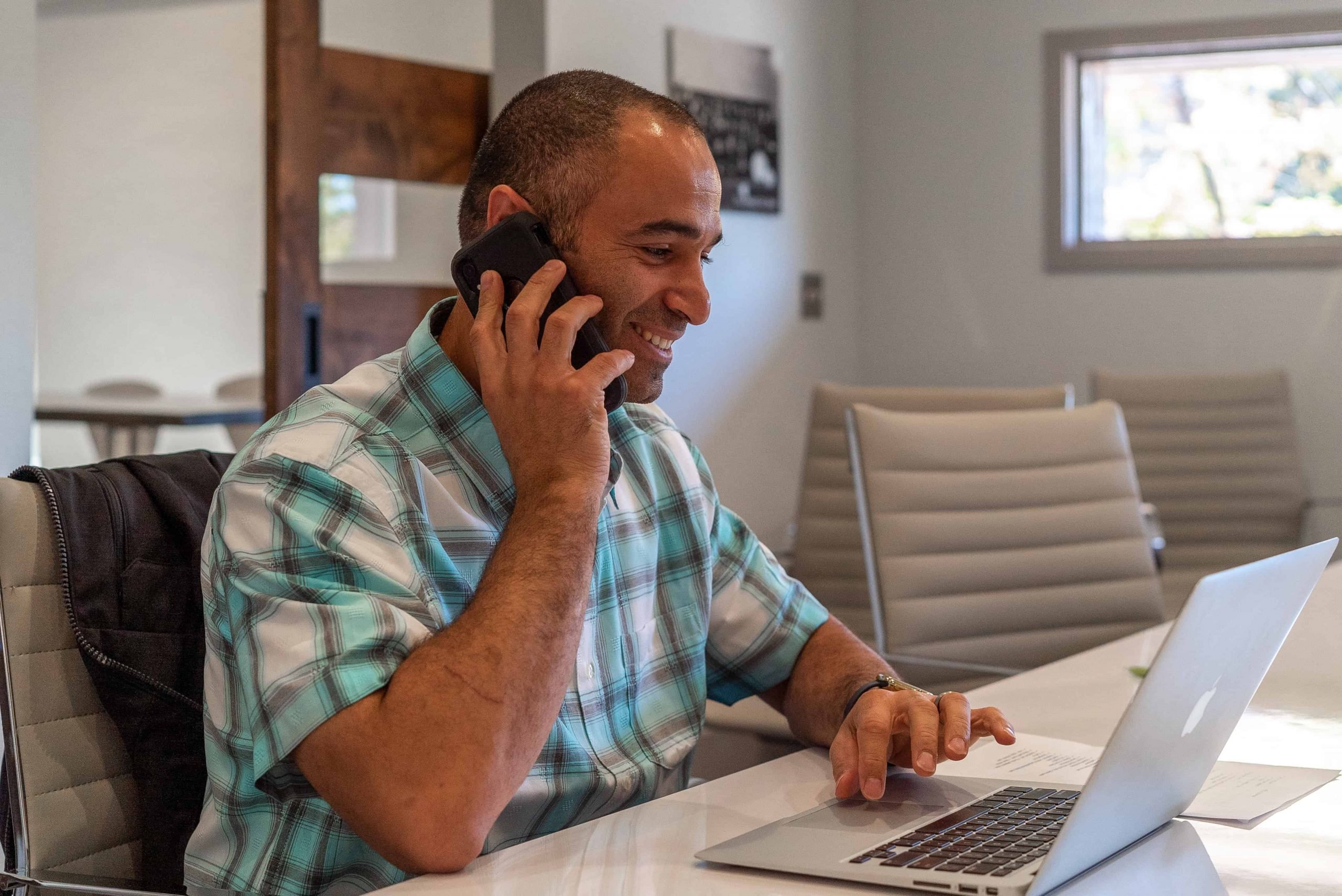No one likes to leave money on the table at the end of a real estate transaction. During the sale process, home sellers can get so focused on the big items like purchase price, inspection items, and closing costs they miss the smaller items that can actually enhance their bottom line as well.
One of the most overlooked items in this category is homeowners insurance. This is because so few homeowners understand how homeowners insurance works and more importantly what happens to the policy when they sell their home.
How Homeowner’s Insurance Works
If you had a mortgage on your home, you also had a homeowners insurance policy that would have been required by your lender. Additionally, unless you made a substantial down payment, more than 20%, your mortgage lender would have paid your insurance and taxes through an escrow fund they set up.
If you remember when you purchased the property, there was a category of closing costs referred to as “Prepaids”. The first year of Property Insurance was included in this category.
Each month when you made your payment a small portion went towards the next year’s homeowners insurance policy, that money was deposited into the escrow account that your lender maintained. Annually when these expenses came due, your lender paid them for you.
There are essentially two categories of insurance monies. The first is what you’ve paid into your current year’s escrow account. After the sale of your home, your lender should automatically mail you a refund check for the monies still sitting in your escrow account. That check usually arrives within 3-6 weeks of closing.
The second type of money is what you have already prepaid. The insurance company already has this money. When you sell your home, there will most likely be a surplus of funds from the months you won’t own the house. This surplus is what you are looking to get back from the insurance company.
For example, if your homeowner’s policy begins every November 1st, then your annual premium is paid at that time, for the upcoming 12-months. If you sell your home six months later, you have only used six months’ worth of your policy. Since you have already paid for the entire year, a refund is now due for the unused portion.
Steps to Get Your Refund
In order to get this money, you are going to need to actually cancel the Homeowner’s Insurance policy. If you do not actually cancel the policy, then the premium already paid will not be refunded.
- Determine your mortgage anniversary date-This is generally your closing date. Find your original closing documents. If you can’t find your closing documents, your REALTOR® can help you find these documents as well as Supply you with your closing date.
- Check your escrow account– Do this to see how much you paid your insurance company check your statement or online portal for your account.
- Calculate the unused portion of your policy based on your closing date-You do this by taking the total policy amount paid (#2) and dividing it by 365 days, this will give you your per day policy rate. Now add up the remaining days in the year after your closing date. Multiply this number by your per day policy rate
- Contact your insurance provider– To cancel the policy and initiate the cancellation and refund
- Keep your Personal Property Covered-Don’t forget to make sure you have some kind of policy in place to cover your personal property.
The insurance company has to be notified in order to cancel the policy. Once you do that, they have to refund the portion of the year’s policy that you did not use.
You should call your insurance agent or Carrier’s Customer service line. Each company handles cancellations differently. Some might ask you to sign a document, formally indicating the desire to stop coverage while others might want you to write a letter stating your intent.
While you’re on the phone, it’s also a good idea to discuss coverage options for your personal property during the moving process. Unless you have a specific policy in place, once the homeowner’s policy goes away, so does the coverage on your personal property. Moving and storing stuff often leads to unexpected damages, so it’s best to have some type of coverage in place to protect your property.
If you have any other questions, feel free to give us a call.

